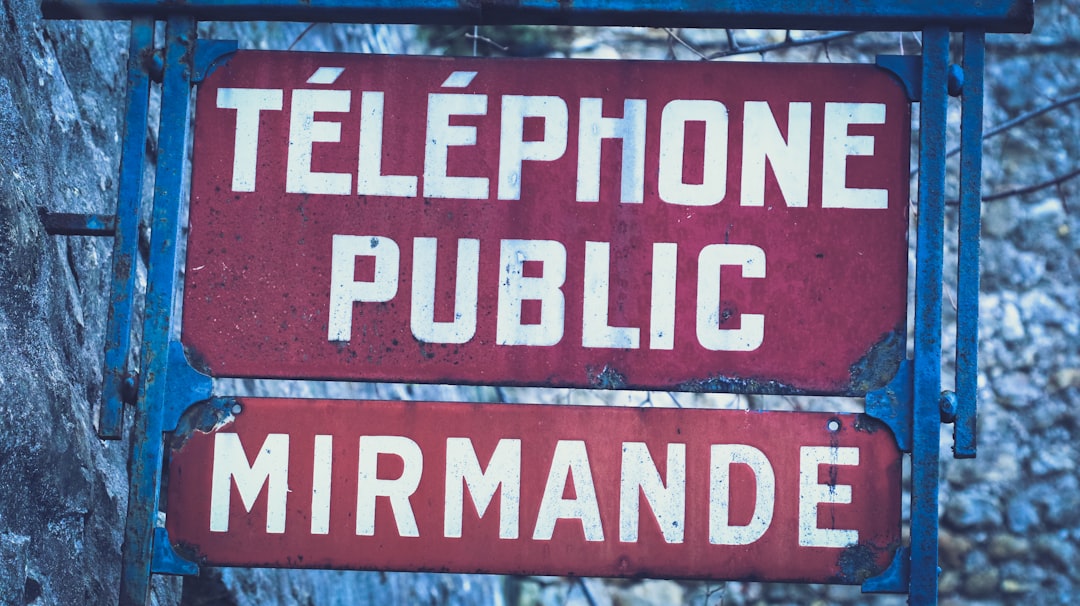Maine has stringent debt collector laws under the Maine Consumer Protection Act (MCPA) and Federal Fair Debt Collection Practices Act (FDCPA), designed to protect consumers from abusive practices. These laws govern who can act as a debt collector, mandating identification, debt validation, ethical treatment, and respect for debtor rights. Both debtors and collectors must be aware of these regulations to ensure fair, transparent, and accountable debt collection processes in Maine.
“Exploring Maine’s Debt Collection Laws: A Comprehensive Guide. In an era where consumer protection is paramount, understanding state-specific regulations is crucial. This article delves into Maine’s debt collection laws, shedding light on rights and responsibilities for both collectors and consumers. From defining who qualifies as a debt collector under Maine law to outlining prohibited practices, this guide navigates the complex landscape. Learn about your recourse if your rights are violated, and discover the penalties faced by non-compliant collectors, ensuring you’re equipped with knowledge in today’s digital age.”
Understanding Maine's Debt Collection Laws

Maine has specific laws in place to protect consumers from unfair or aggressive debt collection practices. These laws are designed to ensure that debt collectors adhere to ethical and transparent standards when attempting to recover debts. Understanding these regulations is crucial for both debtors and creditors alike.
Under Maine’s debt collection laws, debt collectors must identify themselves and the company they represent, provide validation of the debt, and refrain from using abusive, threatening, or deceptive language. They are also restricted from contacting individuals at inconvenient times, such as before 8 a.m. or after 9 p.m., except under specific circumstances. Debtors have rights too, including the right to dispute the debt and request verification of its validity.
– Overview of debt collection regulations in Maine

In Maine, debt collection practices are regulated by a series of laws designed to protect consumers from aggressive or unfair tactics. The state’s debt collector laws are primarily governed by the Maine Consumer Protection Act (MCPA) and the Federal Fair Debt Collection Practices Act (FDCPA). These regulations set clear guidelines on how debt collectors can interact with debtors, ensuring that the process is fair and transparent.
Under Maine law, debt collectors must identify themselves and provide validation of the debt they are attempting to collect. They are prohibited from using deceptive, false, or misleading statements, as well as threatening language or harassment. Additionally, there are strict rules regarding the timing and frequency of contact, with limitations on when and how often debt collectors can reach out to debtors. These regulations aim to uphold the dignity and rights of consumers while holding debt collectors accountable for their actions.
– Who is considered a debt collector under Maine law?

Under Maine law, a debt collector is defined as any person or entity engaged in the business of collecting debts from consumers within the state. This includes both original creditors who have assigned the debt to a collection agency and third-party collection agencies. The key aspect that determines if someone is considered a debt collector is their primary business activity—if they regularly collect debts, they fall under this category.
Maine’s laws governing debt collectors are designed to protect consumers from aggressive or unfair practices. These regulations outline the permitted methods of debt collection, set limitations on communication strategies, and ensure transparency in charging interest and fees. Understanding who qualifies as a debt collector is crucial for consumers to know their rights and to be aware of the legal framework surrounding the debt collection process in Maine.
Debt Collector Rights and Responsibilities

Debt collectors in Maine are governed by a set of laws designed to protect consumers and establish clear guidelines for their interactions. According to the Maine Debt Collection Act, debt collectors have the right to contact consumers regarding outstanding debts, but they must adhere to specific rules and regulations. They are required to provide proper identification, disclose the nature of their business, and inform consumers of their rights, including the right to dispute the debt.
Maine law also mandates that debt collectors treat consumers with fairness and respect, avoiding abusive or harassing tactics. They cannot call at unreasonable hours, use false or misleading statements, or threaten legal action without intent to follow through. Additionally, they must maintain accurate records and provide a fair settlement process if applicable. These regulations ensure a balanced approach, allowing debt collection while safeguarding the rights of individuals facing financial difficulties.






